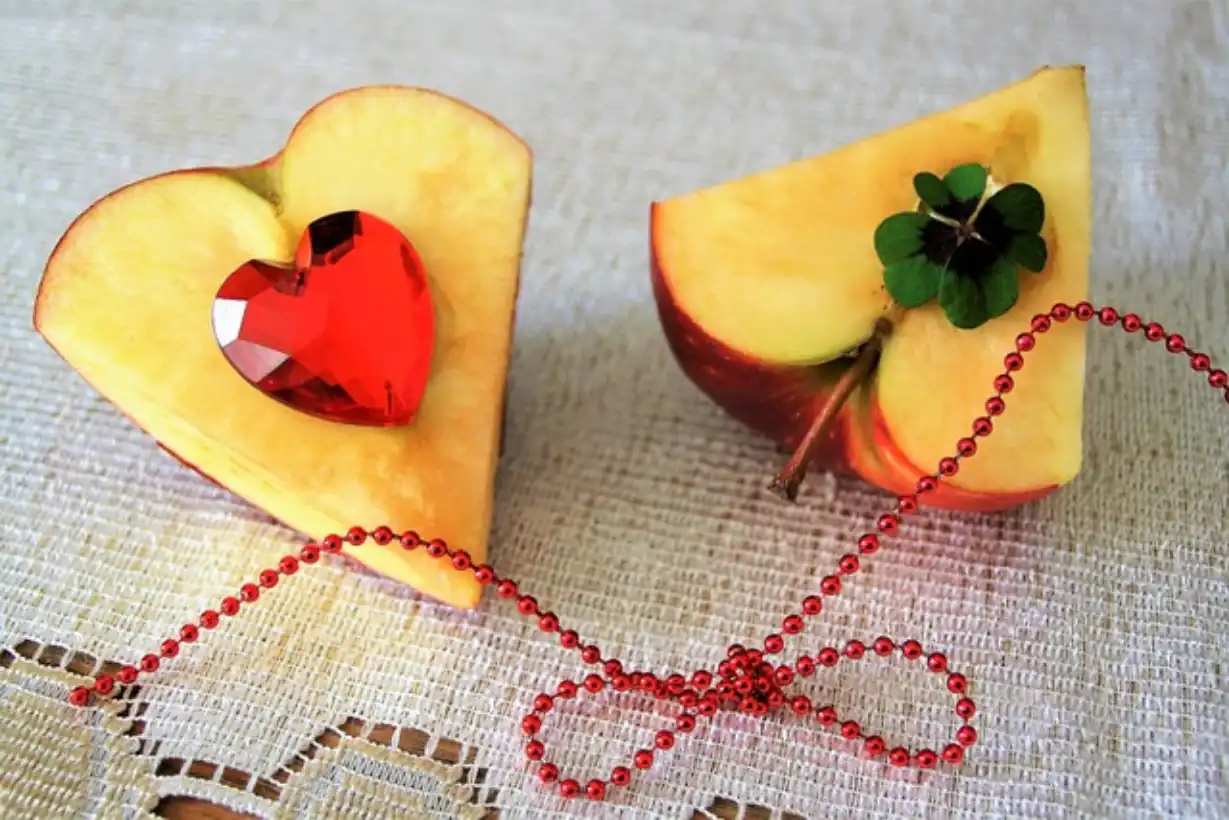Yet, hope is not lost on this emotional battlefield. The antidote to this affliction does not lie in the external—no amount of reassurance from our partner can quell the tempest within. Instead, it beckons us to forge a bulwark of self-trust, to cultivate open channels of communication that can weather the storms of doubt. Embracing our individuality, our own wellspring of joy independent of our partner, is the cornerstone of a balanced relationship. Through this, we learn to coexist with uncertainty, accepting it not as a foe, but as the canvas upon which the artwork of trust and understanding is meticulously painted.

The Psychology Behind Overthinking
Overthinking, a pervasive shadow that can eclipse the light of relationships, is not merely a habit, but a complex tapestry woven from the threads of our cognitive patterns and psychological history. At its core, it’s an intricate interplay between our desires for perfection and the gnawing jaws of anxiety that can lead to a relentless cycle of over analysis.
Our cognitive biases, those silent architects of perception, often erect the scaffold of overthinking. From the vastness of catastrophizing to the narrow alleys of personalization, these biases can distort reality, causing us to see only the extremes rather than the nuanced shades of relational interactions. We inadvertently saddle our present with the burdens of experiences, clouding the waters of trust that should flow freely between partners.
However, the way to solve this complicated problem is not too hard. If we understand ourselves better and show kindness to ourselves, we can slowly unravel the tangles of overthinking. By doing this, we find the strength of balanced thoughts that lead us to a peaceful state of mind and better relationships.
Strategies to Redirect Your Focus
- Inhale the present, exhale the past: Practice mindfulness by centering on your breath to anchor yourself in the now.
- Chase actionable aspirations: Break down grandiose goals into attainable steps to foster progression and quell overthinking.
- Embrace the art of imperfection: View setbacks as stepping stones to mastery, not as reflections of self-worth.
- Savor the journey, not just the destination: Cultivate joy in the process of growth, which can ease the burden of outcome fixation.
- Cultivate a garden of gratitude: Daily reflections on thankfulness can shift your focus from worries to wonders.
- Communicate with clarity and kindness: Use the ‘When, I Feel, I Want’ technique to express yourself without casting blame.
- Sow seeds of positivity: Replace negative spirals with affirmative affirmations to elevate your mood and perspective.
- Anchor in the present, not the uncertain tides of future or past: Being fully present diminishes the space for overthinking.
Implementing these strategies can be like planting a garden—it requires patience, care, and consistency. When you are focused on the present, imagine your breath as the gentle breeze that sways the leaves, reminding you to correspond to the life’s rhythm rather than going against it. As you break goals into attainable steps, visualize each as a seed you plant, with the knowledge that each will grow in its own time.
Perfection isn’t the natural order of life; it’s the wild, untamed beauty of variance that creates a vibrant landscape. When setbacks occur, treat them as nutrients for your soul, enriching your personal soil with experience and resilience. Finding joy in the journey ensures that every step forward is a step enjoyed, not just endured.
Gratitude is the sun that nurtures your garden, casting light on the smallest of sprouts. Through clear and kind communication, you build trellises of support with your partner, enabling the vines of your relationship to climb securely. Affirmations are the water that sustains your growth, essential for maintaining a healthy mindset. By anchoring yourself in the present, you allow your garden to flourish free from the weeds of worry, and you’ll soon revel in the bounty of a balanced life and a thriving relationship.
Distract with Passion Projects
Engaging in passion projects is like setting sail on a voyage of discovery, where every hobby you immerse yourself in charts a course away from the tumultuous sea of overthinking. Channeling energy into creative endeavors not only enriches your life with new skills and experiences but also carves out a sanctuary for the mind, a place where the echoes of relationship analysis cannot reach. Whether it’s painting peaceful scenes or playing music that connects with your feelings, these activities can help you stay focused and discover more about yourself. Embrace the healing effect of doing things you love, and see how it adds brighter and more confident threads to the fabric of your relationships.
Seek Support Systems

Navigating the ebb and flow of a relationship need not be a solitary endeavor. A robust support system acts as a lighthouse, providing guidance through the fog of uncertainty. Open dialogues with friends or confidants serve as a sounding board, offering fresh perspectives that pierce through the veil of our subjective biases. In moments where the currents of overthinking threaten to pull you under, the buoyant wisdom of a professional can lift you to the surface. Seeking counsel, whether in the empathetic ear of a companion or the studied insights of a therapist, is an act of courage and a step towards a healthier relational vista. Let these supportive pillars be the bedrock upon which a more balanced emotional landscape is constructed.
Embrace Self-Confidence
When you feel good about yourself and bring that confidence into a relationship, it has a special charm that energizes and captivates. It’s like an inner glow that highlights the beauty of being true to yourself and feeling secure. This confident vibe not only brings people closer but also forms the basis for a strong relationship built on respect and admiration. Confidence leads to trust, and trust is necessary to build a healthy partnership. By building a strong sense of self-worth, you make the connection with your partner stronger, creating a deep bond.
Fostering a Positive Relationship Dynamic
Making a relationship positive is like taking care of a garden – it needs time, care, and the right atmosphere to grow well. In a partnership, every positive action brings you closer to a stronger connection. Here are some ways to bring positive energy into your relationship:
Listen actively: When you talk, try to understand rather than just respond. This kind of listening makes you more empathetic and shows your partner that you respect their feelings, creating a safe place for openness.
Appreciation: Be grateful even for the little things. These moments encourage your partner to grow.
Quality Time: Prioritize shared experiences that bring joy and laughter. These memories become the glue that binds the relationship, strengthening your connection.
Showing Affection: A gentle touch or a warm hug can express love and closeness without using words.
Encouraging Growth: Support each other’s goals and dreams. Like a tree growing beyond its pot, your partner should have the freedom to pursue their aspirations outside the relationship.
Using these ideas creates a relationship that not only survives but also thrives. It’s a partnership where both partners have respect and love for each other, and the energy they create together is like a welcoming light that can withstand challenges. In this caring environment, love isn’t just a feeling but a powerful force that pushes both partners to be their best selves.

FAQ
-
When overthinking strains your bond, pause and assess the root causes. Engage in open communication with your partner and consider seeking a counselor's guidance to navigate through the turbulence together.
-
Therapy can be a lifeline in the sea of overthinking, providing tools to disentangle complex emotions and fostering healthier thought patterns within your relationship.
-
Nurture the relationship and your selfhood by setting boundaries and honoring individual pursuits. This equilibrium ensures mutual fulfillment and respect.










